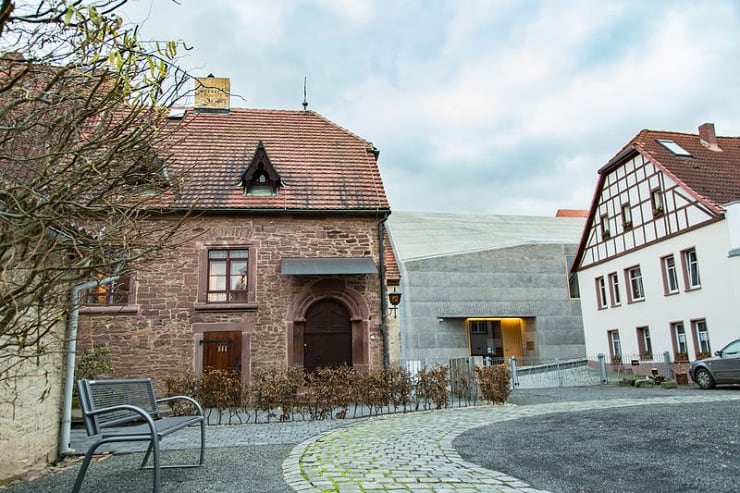6 Aug 2003 Silver coins belonged to the Luther family
Categories: Calendar , Nálezy nejenom s detektorem v západní Evropě

More than 160 rare silver coins were discovered by archaeologists eighteen years ago in Mansfeld in eastern Germany. They were claimed to belong to the family of reformer and Catholic priest Martin Luther.
The treasure was found in the waste pit of the house where Luther spent his childhood. According to archaeologist Harald Meller, the coins are very rare and the find indicates that the founder of Protestantism lived in a very wealthy family. The house was bought by his father Hans in 1491.
The oldest silver coin found dates back to 1500. How the coins got into the sewage pit remains a mystery. "Back then you could buy five eggs for a fenik and a goose for twenty feniks," noted archaeologist Harald Meller.
Workers came across the septic tank during the construction of a new road. In addition to coins, archaeologists found a large number of pig and chicken bones. There were also fragments of glass and pottery. Interesting finds also include clay marbles that apparently belonged to little Luther. The archaeologists also mentioned the thimble found by his mother.
"These are further clear evidence that the Luther family ate and lived well," said Stefan Rhein, chairman of the Luther Foundation.
Martin Luther was a professor of philosophy and theology in Wittemberg and Erfurt. In 1517, he spoke out publicly against indulgences and other church iniquities, then had to take refuge in Wartburg Castle and moderate his protests. On the last day of October 1517, he even nailed his theses to the door of the church in Wittenberg and invited all who disagreed with him to a public disputation. This breakthrough is referred to as the birth of Protestantism.
Luther's teachings spread rapidly among all social classes and became radicalized. When in 1525 the most radical layers provoked a peasant war led by Luther's follower Thomas Münzer, Luther sided with the princes.
He proclaimed that the Bible should be the supreme authority and that every believer should seek the way to God within himself by reading it. His preaching had a considerable influence on the humanistically minded scholars of European countries. Eventually they gave rise to the Protestant religion and its Lutheran branch.
Sources: www.bbc.com, www.novinky.cz, Jiří Černý: Malé dějiny lingvistiky, www.mansfeld.eu
The article is included in categories: